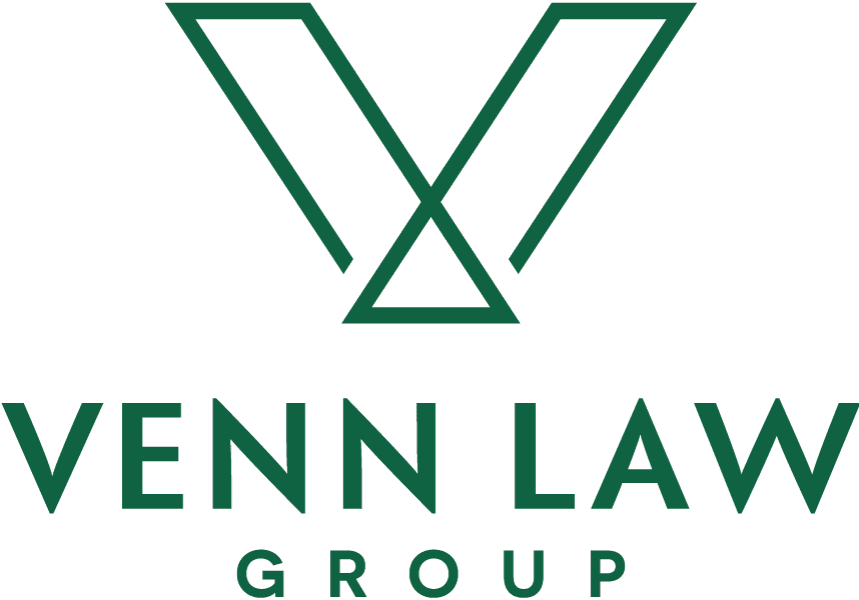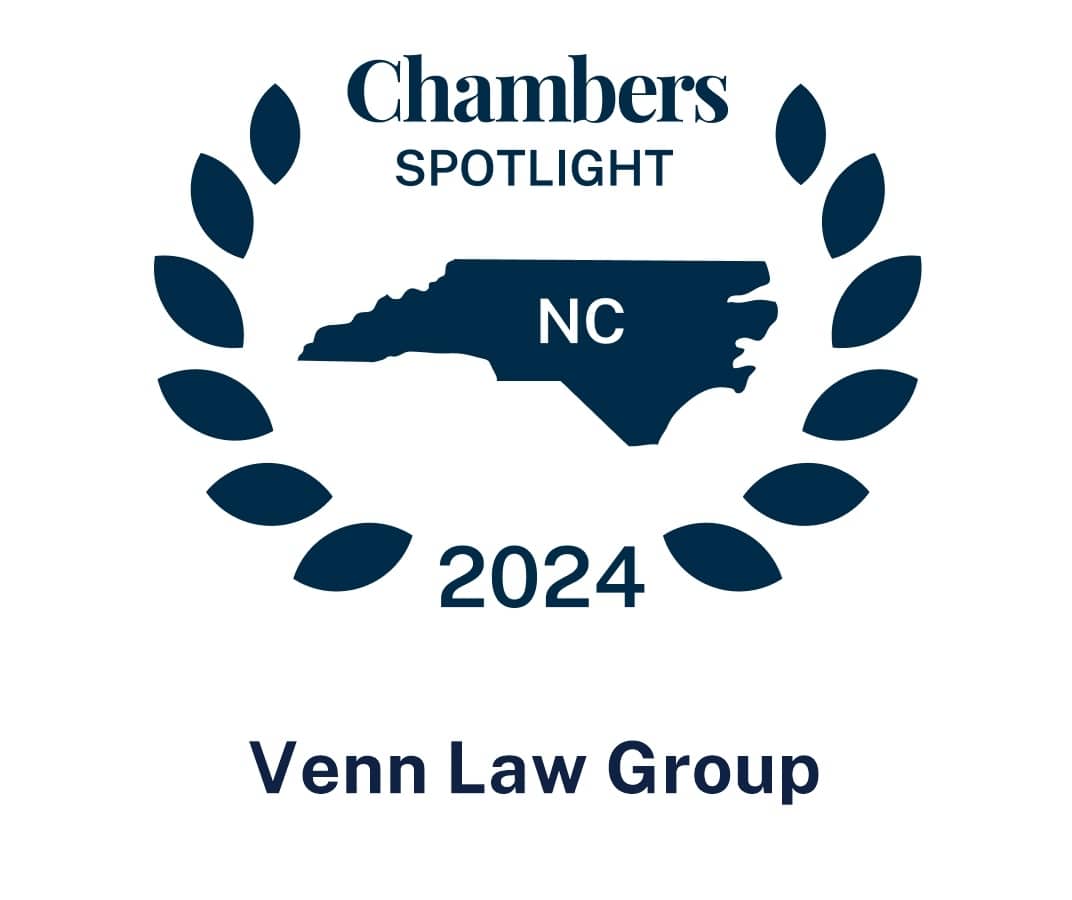What’s the best business structure for me? Should I have a corporation or an LLC?
Choosing the right entity for your business isn’t easy. To make a good choice, you have to answer these questions:
- How many owners will there be?
- Will all owners be individuals or could a trust or other entity be an owner?
- Do I expect to lose money during the first year or two?
- Where will the funding for the business come from?
- Where will the business operate?
- What will the business be doing?
- Will an owner’s percentage ownership be the same for voting purposes and for cash distribution purposes?
- Will I be the only employee?
- When do I expect to transfer the business to someone else (and how)?
- Will the business own real estate?
These questions are important because your choice of entity is driven by income and payroll taxes.
In the tax world, you have five basic choices for your business:
- Sole Proprietorship (Schedule C to your Form 1040)
- C Corporation (Form 1120)
- S Corporation (Form 1120S)
- Partnership (Form 1065)
- Tax-Exempt (Form 990. . .)
There are some additional tax structures available, but most businesses will initially fall into one of these five options.
The easiest choice of entity decision is made if you plan to operate a non-profit enterprise. You are going to try to be tax-exempt if possible. If you want to take the profits home, this choice is not for you. (Really. It’s not. I don’t care what you heard in that podcast.)
We are going to focus on the other four options in our next posts.
Please feel free to send me an e-mail at gary.smith@vennlawgroup.com if you have a question about these options.
Gary W. Smith is an attorney at Venn Law Group with more than 20 years’ experience providing legal counsel and innovative solutions to business owners and management teams. His areas of focus include mergers and acquisitions, succession and exit planning, securities and capital structures, business structures, and tax. He excels at navigating the legal complexities of diverse industries ranging from professional services and IT infrastructure to manufacturing and real estate.


 By
By  Gary W. Smith is an attorney at Venn Law Group with more than 20 years’ experience providing legal counsel and innovative solutions to business owners and management teams. His areas of focus include mergers and acquisitions, succession and exit planning, securities and capital structures, business structures, and tax. He excels at navigating the legal complexities of diverse industries ranging from professional services and IT infrastructure to manufacturing and real estate.
Gary W. Smith is an attorney at Venn Law Group with more than 20 years’ experience providing legal counsel and innovative solutions to business owners and management teams. His areas of focus include mergers and acquisitions, succession and exit planning, securities and capital structures, business structures, and tax. He excels at navigating the legal complexities of diverse industries ranging from professional services and IT infrastructure to manufacturing and real estate.